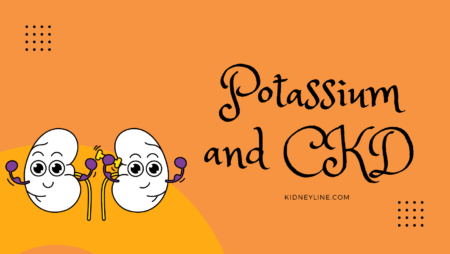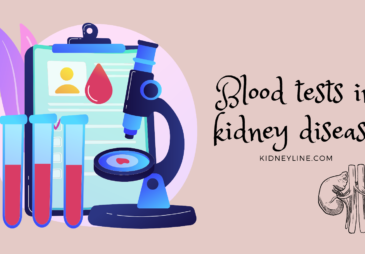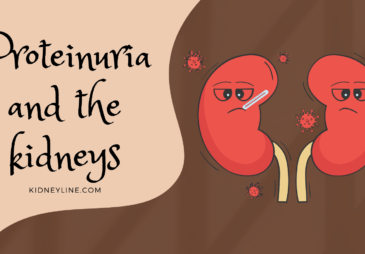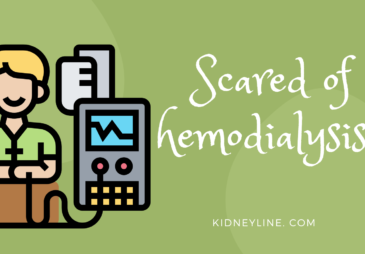If you have chronic kidney disease (CKD) you might have heard a lot about potassium. But what is potassium, and what role does it have in CKD?
Potassium is an essential mineral in the body. It is found mainly inside the cells where it plays critical roles in cellular function. Potassium helps nerves communicate with each other and is also vital in muscle contraction, including that of the heart.
To do its work, potassium in the blood needs to be in a delicate balance with that within the cells. Too much or too little potassium in the blood can negatively affect how the body works.
The kidneys play a crucial role in maintaining the right amount of potassium in the blood. If potassium intake is high, the kidneys excrete potassium in the urine. And when potassium levels are low, the kidneys conserve potassium. Hormones like aldosterone signal the kidneys to reabsorb sodium and excrete potassium.
Why is potassium high in CKD?
Not everyone with CKD has a high potassium level. Some people have normal potassium levels. Some people may even have low potassium levels. However, people with CKD are at high risk of potassium buildup.
Potassium is abundant in many fruits and leafy vegetables. If the kidneys are not working properly, their ability to excrete potassium is compromised. This means potassium levels can rise easily.
Besides food, some of the drugs used to treat CKD contain potassium. Some of them also increase potassium levels through their action on the kidneys. Examples of such drugs are
- Angiotensin-converting enzyme inhibitors
- Angiotensin receptor blockers
- Aldosterone antagonists
- Potassium-sparing diuretics
Some underlying medical conditions may also put you at risk of hyperkalemia. For example, people with diabetes mellitus are prone to developing high potassium levels.
People with CKD also have difficulty excreting acids and often develop acidosis. Acidosis causes potassium to shift from the cell into the blood and may lead to high potassium levels in the blood (hyperkalemia).
Why avoid potassium in CKD?
If you develop hyperkalemia, restricting potassium intake is a good strategy because hyperkalemia has health consequences. If you have hyperkalemia, you may have no symptoms at all. The high potassium levels can be detected by a blood test.
Some clinical signs of elevated potassium levels are
- Fatigue
- Numbness
- Tingling
- Breathlessness
- Muscle weakness
- Abnormal heart rhythm
Hyperkalemia can also lead to sudden cardiac arrest.
It is impractical and harmful to avoid potassium, but your doctor may ask you to begin a low-potassium diet.
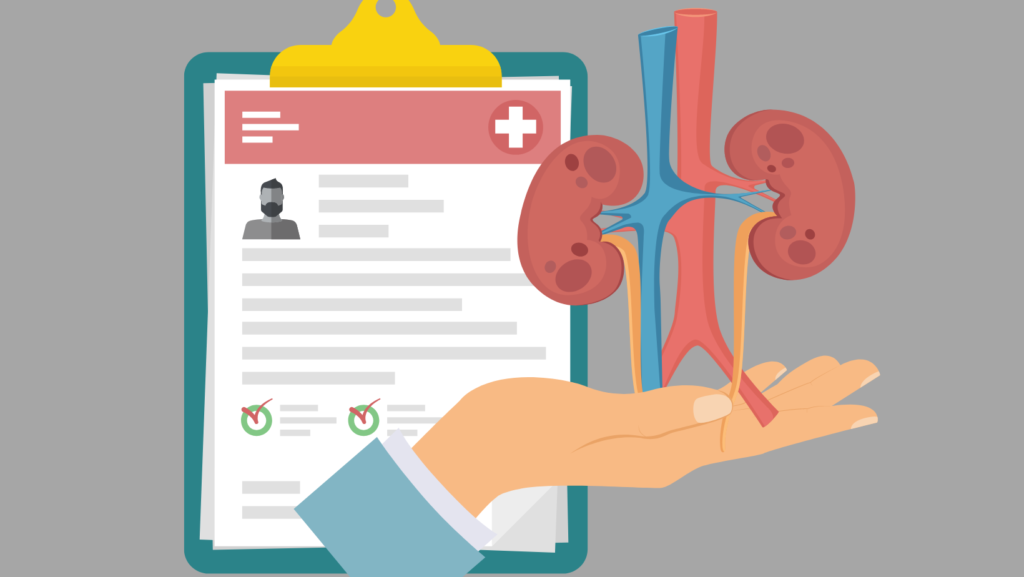
How to reduce potassium in a CKD patient
To lower your potassium level, you need to work with your doctor and dietitian. Remember that not all CKD patients have high potassium levels.
Your healthcare provider would likely go over your medications and food history. Let your healthcare team know about any supplements you’re taking since some contain potassium.
Some medications prescribed by your doctors can worsen hyperkalemia, and your doctor may decide to pull these drugs. Because some drugs help with kidney disease and heart disease, your doctor may choose to leave them and place you on a potassium binder instead. These drugs bind potassium in the gut and help to lower blood potassium levels. Potassium binders often come in a powder form and should be dissolved in liquid. It’s important to follow the instructions that come with the drugs.
Your doctor may also send you to a dietitian who will recommend low-potassium meals.
Diuretics, drugs that make you pee, may also be useful. These medications come in handy if you still produce urine. Diuretics work by making you excrete potassium in the urine.
How much potassium should be in a CKD diet?
There is no one-size-fits-all when it comes to potassium recommendations. To a large degree, your prescription will depend on your potassium level. The best approach is to talk with a dietitian for a personalized meal plan.
Here are some foods rich in potassium to help serve as a guide
- Bananas
- Avocados
- Greens
- Dried fruit
- Coconut water
- Beef
- Fish
- Chicken
Potassium is a vital element needed for the body to function properly. But it needs to be kept in balance. Too much or too little potassium in the body has health consequences. People who have CKD are prone to potassium buildup and should have regular checks of their blood potassium levels.
If you have hyperkalemia, you should work with your team to get the approach best suitable for you.
